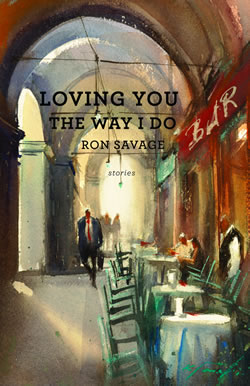|
The first rule of writing is, there's no first rule of writing (and that includes what I'm about to say now): it's like Fight Club. For every rule that someone has told you—cliché or otherwise—another someone has published without using that rule. Does that mean you ignore everything people have to offer about the craft and art of writing fiction? No, absolutely not, but be suspicious of things set in stone.
Here's a wonderful example. One of the best agents going told me I should never use the word "death" in the title of my novels. Statistically, it doesn't sell, he said. I resisted going through a litany of titles for him, though I did whisper the name Thomas Mann under my breath. Maybe novellas don't count.
Here's another stunning example that I love. Again, by an agent. Always have a woman protagonist. Yes, always; not once in awhile—always. Here is the logic: the editors of most major publishing houses are women and the readers of most fiction are women. So this is where they leap: everybody knows women just want to read about other women every moment of every day—forever. Remember the good times with Catch 22, The Catcher in the Rye, The Adventures of Huckleberry Finn?
Well it's over. _uck Huck.
The soil for these bizarre rules is that too many big publishing houses worship yesterday. They do statistics on it, they worry about it, they dream about it: why did this book make money? What are the elements of this book that made all that money? If I made money on this book yesterday, can we make money on a different version of this book today?
There are no other questions.
I have no doubt that most of the agents and editors themselves would be happy to break away from the "rules," to venture into new territory, but the big houses have their statistics, their measurement of what worked before, and what they hope it will mean in the future. This can be especially frustrating for writers.
When an agent or publisher has demonstrated serious interest in your book, but they're not buying and they're being vague about their discontent, invite them to be very specific. Maybe what they want done is something you'd like, too.
But if they say something like, "you're the writer, figure it out" and you accept that as your answer, I want to welcome you to "I'm-Never-Going-To-Be-Satisfied" hell. Chances are you will spend many months in this fruitless dark hole. Don't forget, their bosses want a successful yesterday. But different. But not too different. They do not know what that is.
If, on the other hand, a book editor or an agent tells you to do X or Y or your story or novel won't be published, it may sound like they're speaking for everybody, every agent, every publisher, but they're not. They're just one person saying, I won't publish it. I won't represent your work. In the end, of course, I am just one more person trying to figure out yesterday, and trying to anticipate tomorrow.

| 


